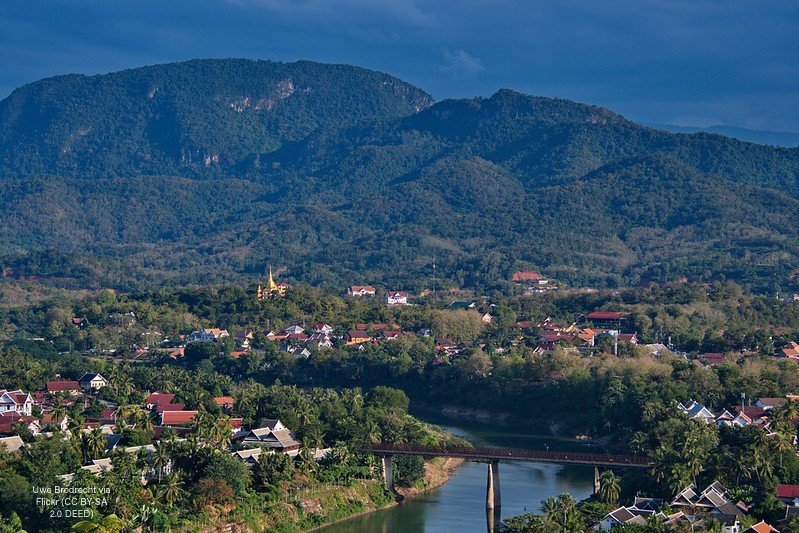ADB-financed GMS Project to Strengthen Urban and Tourism Infrastructure, Enhance Women’s Opportunities in Luang Prabang, Lao PDR

The Asian Development Bank (ADB) will support the sustainable, inclusive, and resilient urban development of Luang Prabang, Lao People’s Democratic Republic (Lao PDR), with financing worth $35 million via a concessional loan and a $10 million grant. The project is set to (i) improve the quality and coverage of urban infrastructure and services, (ii) strengthen institutions and capacity to foster climate and disaster resilient development pathways, (iii) promote inclusive and gender-responsive urban planning, and (iv) enhance women's leadership and economic empowerment. The Government of Lao PDR will complement the financing with in-kind contributions to support counterpart salaries and office facilities
Luang Prabang is a major tourism and transport hub. It is connected to the People’s Republic of China (PRC) and Thailand by rail. This year, the city’s annual visitors are expected to reach 860,000. The city’s solid waste management and wastewater treatment facilities, urban roads and footpaths, and public greenspace, urgently need to be upgraded.
ADB Country Director for the Lao PDR Sonomi Tanaka noted that Luang Prabang’s precious heritage and the livelihoods it supports are increasingly threatened by unplanned urban development, climate change, and disasters that disproportionately affect women and vulnerable groups. The city needs better urban infrastructure, environmental management, and tourism services together with gender-responsive integrated urban planning and management to help raise the quality of life and make it more resilient to shocks.
Financed under the Lao People's Democratic Republic: Urban Environment Improvement Investment Project, outputs will focus on the following:
Output 1: Improvement of urban infrastructure, such as converting the existing 17.1-hectare open dumpsite into a managed landfill with semi-aerobic bioreactor cells, methane capture and flaring equipment, septage and leachate treatment facilities that use nature-based passive solar and reed-bed solutions, and facilities to recover recyclable materials; rehabilitation of 16 kilometers of urban roads, lined with native shade trees, and equipped with storm drains with smart gross pollutant traps; and 8 km of footpaths illuminated with energy-efficient streetlights.
Output 2: Strengthening the enabling environment for inclusive and resilient urban and tourism services. To complement infrastructure investments in Luang Prabang City, the project will prepare an inclusive, gender-responsive urban master plan and urban development guidelines with specific actions to reduce gender inequalities and strengthen climate and disaster resilience.
Output 3: Enhancement of women’s leadership and employment. The project includes a national higher education and vocational training scholarship program for female officials employed in water supply, sanitation, public works, and tourism services. Academic, professional, and leadership training, including short-term executive learning programs, will be offered in engineering, urban planning, public management, finance, heritage and tourism management, and other learner-prioritized subjects.
Last Updated: 5 January 2024
